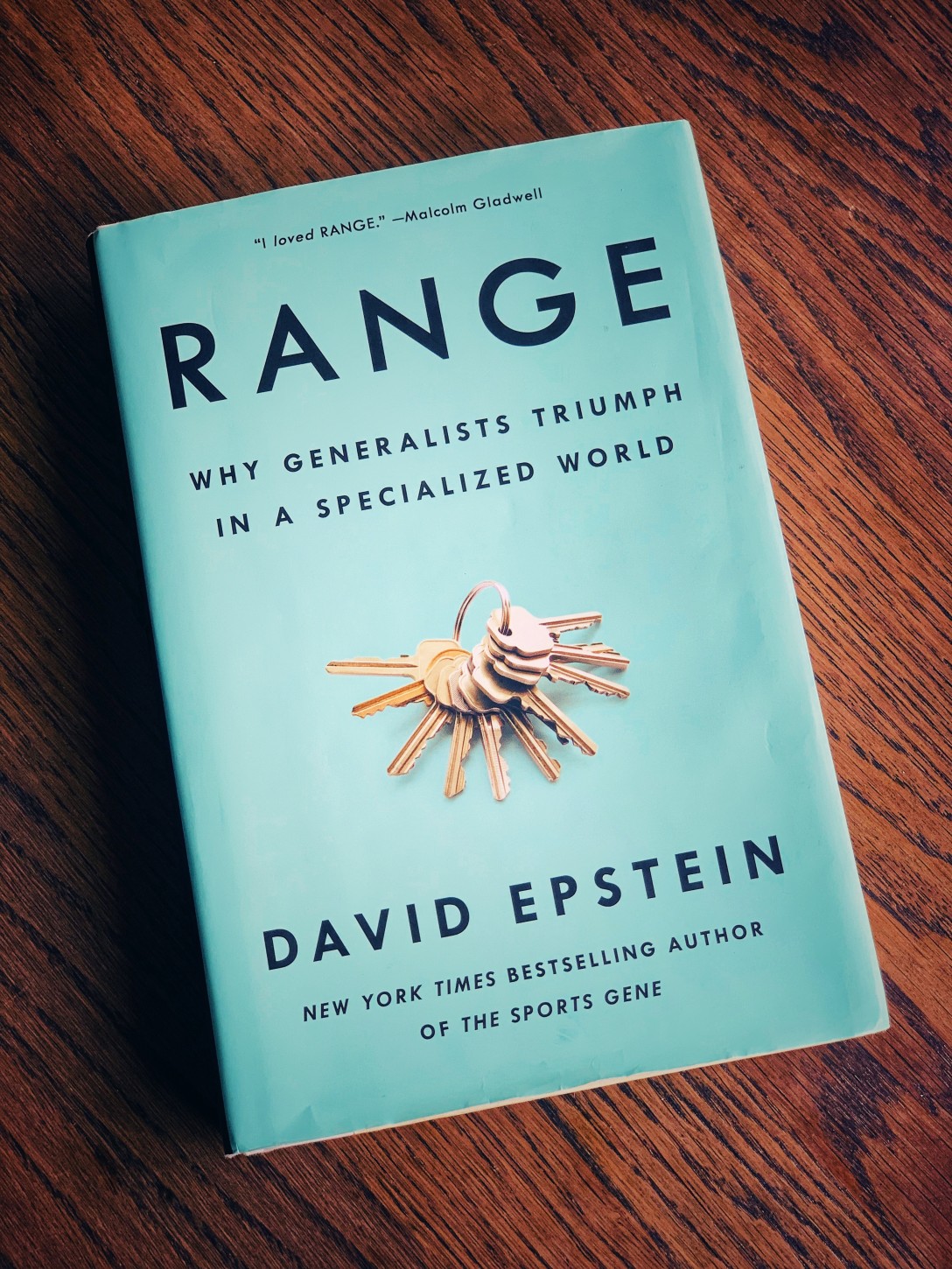I was reading the book called Range: Why Generalists Triumph in a Specialized World. It’s written by David Epstein- an investigative reporter. Prior to becoming a reporter, he studied environmental science and astronomy. He rose to prominence by leveraging his science education into writing amazing sports articles.
Epstein noticed a phenomenon in sports stars which he later found in successful people from most other fields. The people at the top aren’t extremely focus on their area of expertise. Rather, they often invest significant time and effort in many other related or unrelated fields.

He starts his book with the contrast between Roger Federer and Tiger Woods. Tiger is obsessively focused whereas Roger dabbled into many other sports before focusing on tennis exclusively.
He explains this disparity in two of the world’s greatest sport stars by demonstrating the difference in their sports.
Apparently, domains of learning can either be wicked or kind. It is wicked when clear patterns don’t repeat themselves overtime. The stock market is wicked, so is tennis and most other sports. Whereas it is kind when clear patterns emerge constantly. Chess and golf are kind domains of learning.
Most of what we do as humans are wicked. That is why we have already built AI systems that beat the world’s bests in Chess, but most other domains of activity still elude them. Because, AI systems thrive mostly when there are repeating patterns to work with.
People with expertise in different domains show creativity, flexibility and adaptiveness. They use knowledge/skills from multiple domains to solve novel challenges.
As we prepare for AI to take over most of our jobs, it is the wicked domains of work that will still need humans. And those of us who has a good grasp on multiple domains of knowledge/skills, will thrive.
